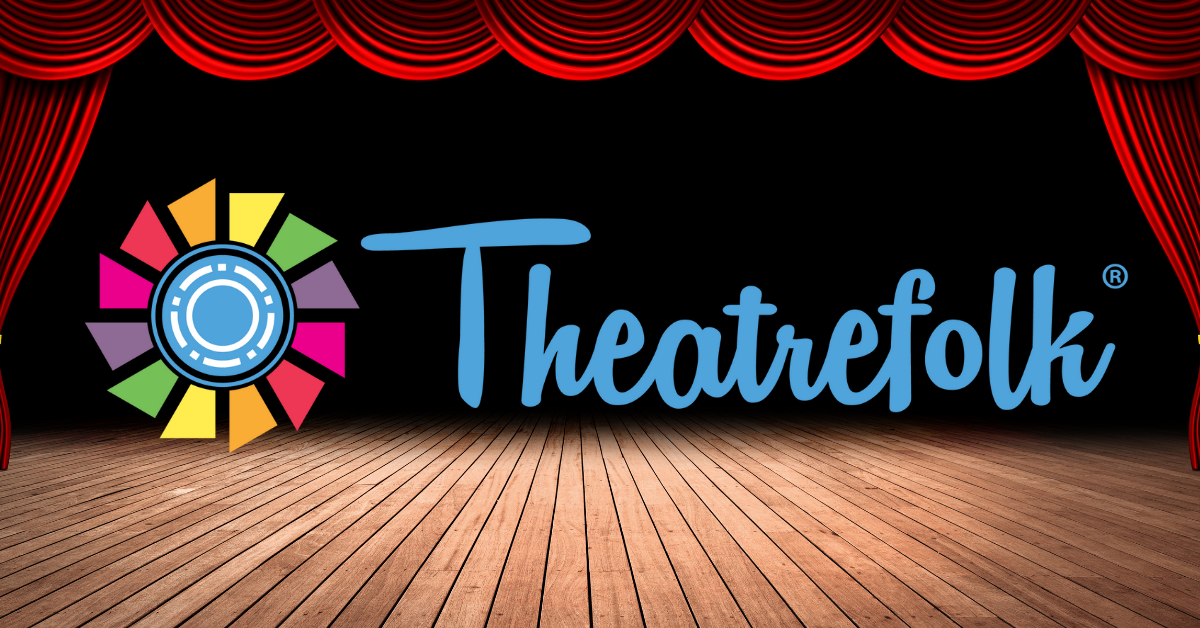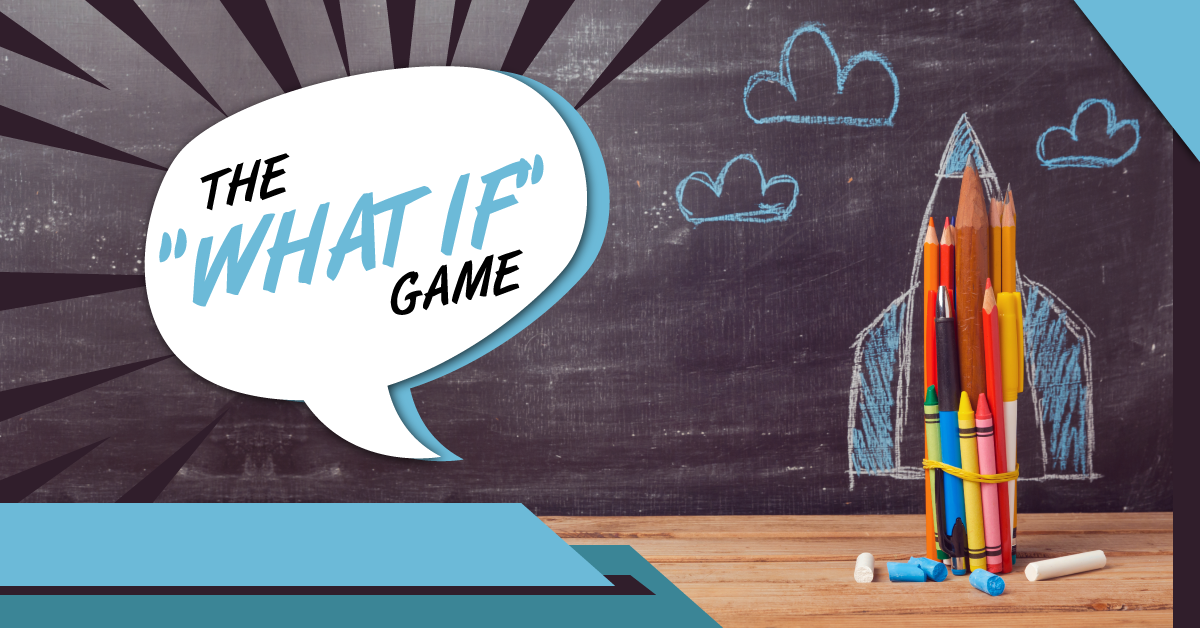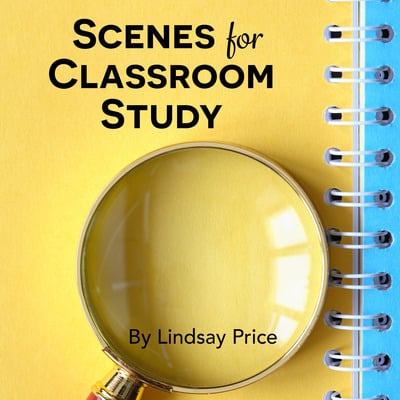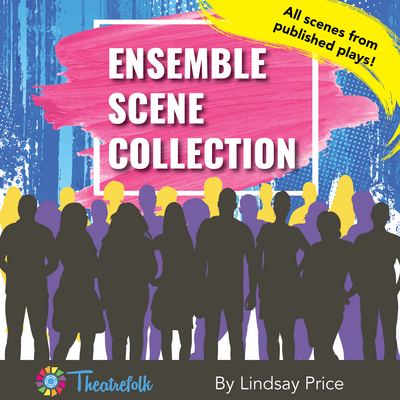Agatha Rex in the Classroom: Student Scenework
At a recent conference middle school teacher Adam Moreno from the University School of Milwaukee shared with me how he uses Agatha Rex in the classroom: students work on, self-direct, and present the same scenes from the play on their own. I knew that these would be a great project to share.
You have three different classes using a scene from one of our plays AGATHA REX. Why did you choose this particular scene?
First off, I use Agatha Rex because it’s a strong introduction to some great aspects of Greek Theatre, especially the use of the Greek Chorus. I also use the theme of right and wrong to have in depth conversations with the students about ethics. The students struggle with the ideas of equal punishment, breaking the rules, and standing up for what you feel is right. Agatha Rex has valuable lessons that students need to learn and discuss. The end of the first act and the end of the second act are particularly strong scenes for the students to work on as an ensemble because of the use of the Greek Chorus. Everyone, with the exception of Agatha, speaks together. This takes the focus off of what each individual student is doing and focuses their energy on how the group says the lines and how the group moves on stage as an ensemble. The result is some awesome collaborative work!
What are the expectations for the presented scene?
I break acting down into two elements for my middle school actors: physicality (movement on stage) and expression (variations is voice). When the students begin, I emphasis the need to use the whole stage, to stay open to the audience, and to change levels. I also remind them that, even though they are speaking together, they need to convey emotion through their unison voice. We also talk quite a bit leading up to this project about the importance of “background” or “secondary” acting. What are you doing on stage, when you’re not saying a line. I love watching the creative ideas they come up with about who their characters are and what they are doing in each scene. Each of the classes must prepare and perform the scene on their own.
As a teacher, how do you get students to collaborate and work together without giving input?
A quick disclaimer: I am horrible at not giving input! That said, I think it is important for students to figure out what a strong performance looks like on their own. We talk a lot about communication being 10% talking and 90% listening. I also remind them that not everyone can be a leader. In order to make the ensemble work, sometimes you need to be a strong follower. Try as I may, I often will give input by asking directed questions to the group as they are collaborating on scene. “Interesting choice, do you think sitting on the floor the whole scene is the strongest choice?” “That was great, but Bobby seemed more interested in goofing around upstage than in what Agatha was saying where should everyone’s focus be?””Was that Chorus line everyone just spoke suppose to convey boredom?” “There was a lot of people sharing ideas just now, was anyone listening? Why don’t you try that again.”
Why is it important that the students put this scene together on their own?
We all know as educators that we can talk until we’re blue in the face about what students should do, but until they are put into an experience that challenges them to step, know what to do, and then do it, everything I am saying is just talk. We learn by doing! It’s as simply as that. Whether using Agatha Rex in class, or during my after-school play and musical rehearsals, the first step of the acting process needs to be based in student creation. Don’t get me wrong, I often go back and strengthen the initial choices the students make. However, the conversation about why something they created is strong or needs to be changes is extremely valuable. If I am the only one creating, then the students are not really learning.
The scenes are recorded and then each class sees how the other classes have interpreted the scene. How does this impact the students? What do they learn by watching the other scenes?
For the students, watching the other classes is the most fun part. Seeing their friends acting out the same scene helps build a unity between the different classes. It’s also valuable for the students to see how, even though they are saying the same lines, the movement and expression can be so different. There is no right and wrong, only strong choices and different choices. Watching the other students really helps them to understand that theatre is an art and that there are many different ways to interpret art and express it to an audience.
What is the outcome of a project like this? What do students take away from it?
The next step in our process is for the students to write, rehearse, and perform in their own one-act play. Through the Agatha Rex project, my students grow together as an ensemble. The trust and communication are move developed, and the respect for one another’s ideas is deepened. Unfortunately, in may schools, students do not get the opportunity to create something they can call their own. Homework has right and wrong answers. Grades strip away creativity, as students strive only for the “A”. Allowing the students a safe and supportive environment, in which they work together to create something that will be shared with their peers, is valuable. It builds confidence, not just in their abilities, but also in their creativity.
What are the three pieces of advice you would give teachers trying to encourage students to prepare and perform scenes on their own?
1. Prepare them! I have my students in 5th and 6th grade, so by the time they have me in 7th grade, they know what I expect and have been trained to meet those expectations. This is a great project for the end of the year.
2. Trust in them. Children are capable of amazing things when given the opportunity. You don’t need to have all the answers. They can figure a lot out on their own, if you are willing to take a step back and hand over the creative control to your students.
3. 3) Support them. They will make mistakes – make sure they learn from them. They will have questions, encourage them to find the answers. They will have doubts, build their confidence in themselves with constructive praise and feedback.
Watch two different classes approach the same scene from the end of Act 1 of Agatha Rex.
https://www.youtube.com/watch?v=9SLzD4pxIew
https://www.youtube.com/watch?v=X9B4tGaLWfU
Adam is also a contributor edbean.com a great educator resource. Click here for Adam’s introductionto a Flipped Drama Classroom Workshop.
Related Articles
Scenes for Classroom Study
by Lindsay Price
Scenes for Classroom Study consists of scenes from published Theatrefolk plays and is designed to help with character study, scene work, substitute teachers, performance, Individual Event competitions and so much more.
Ensemble Scene Collection
by Lindsay Price
Looking for quality scenes for your ensemble that haven't been done a million times? This Ensemble Scene Collection contains 33 scenes from published plays - great for competition and classwork!





